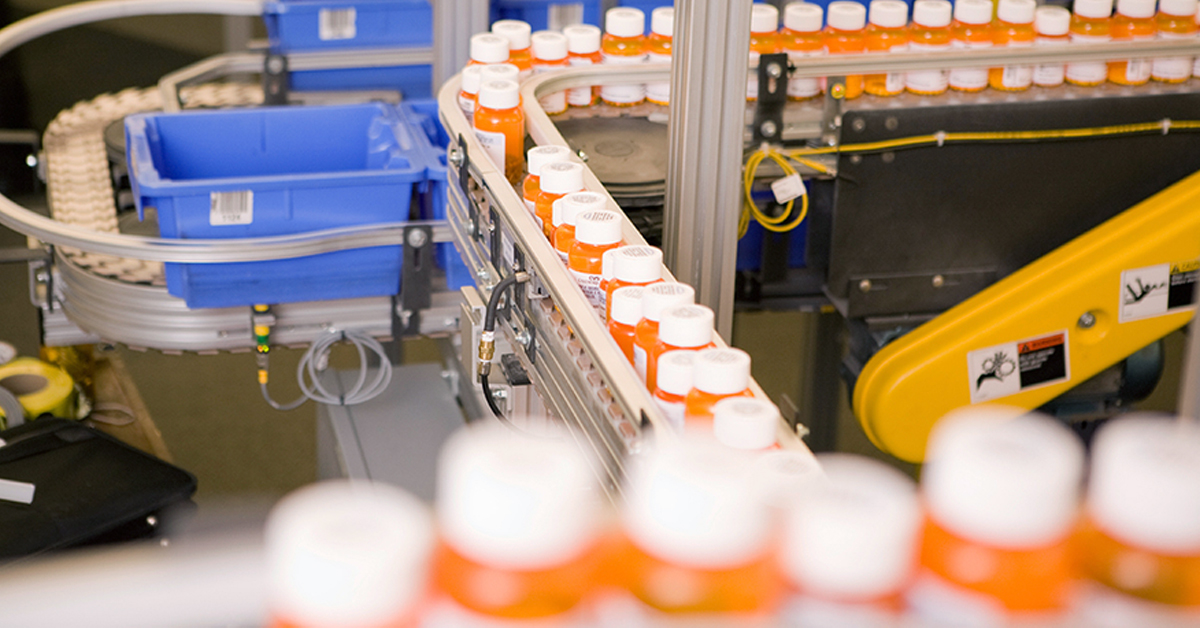This week’s Innovation Partners BioBlog looks at costs – the cost of prescription drugs. From CVS shifting drug pricing leverage to new data showing hidden costs in Medicare’s prescription drug program, the cost of medication is definitely in the spotlight right now.

CVS’ move to lean on ICER data could mean dramatic shift in drug pricing leverage
CVS Caremark unveiled a new pricing structure in a white paper this week which is making drug companies upset. The plan allows for the exclusion of any drug with a quality-adjusted life years figure of more than $100,000, as determined by the Institute for Clinical and Economic Review. Health organizations use the metric to determine the cost of medicines in the context of quality and expected remaining years of life. Critics are in an uproar and contend that this metric is faulty at best and harsh at worst.
Read More
The Large Hidden Costs of Medicare’s Prescription Drug Program
Medicare’s Prescription Drug Program or Part D has been called a success. Stable premiums and plenty of programs to choose among give people a false sense that this is a success story worth telling. However, the outer appearances hide large growth in the actual cost to taxpayers.
Read More
U.S. seeks dismissal of oncologists’ Medicare drug payments case
The Trump administration is arguing that an association of oncologists is barred from pursuing in court a constitutional challenge to a 2 percent cut to Medicare Part B reimbursements for cancer drugs. The administration said the lawsuit by the Community Oncology Alliance (COA) should not move forward because the court lacks jurisdiction to hear the case. A motion was filed on Friday to this effect.
Read More
ASCO Discusses Concerns on Proposed 2019 Medicare Physician Fee Schedule with HHS Officials
Representatives from ASCO and other medical specialty groups recently met with officials from the U.S. Department of Health and Human Services (HHS) to discuss the 2019 Medicare Physician Fee Schedule (MPFS). ASCO has expressed significant concerns about the proposal because the organization believes cuts will be greater than stated. HHS estimates its overall impact for the hematology/oncology specialty will be a four percent reduction in reimbursement and two percent reimbursement reduction for radiation/oncology. Actual impacts on individual physicians will vary according to several criteria.
Read More
Drug prices not always aligned with value, CU Anschutz researchers say
In many countries, reimbursement for drugs is based upon their value – that is, upon their value or net health benefits in treating disease. A new study out of the University of Colorado Skaggs School of Pharmacy and Pharmaceutical Sciences says this is not so in the United States. The fragmented healthcare system in the United States has made it difficult to come up with an agreed-upon cost-effectiveness threshold.
Read More
U.S. to boost drug price negotiation in Medicare Advantage health plans
The Trump Administration is taking steps to give new tools to Medicare Advantage plans for the elderly so that they can negotiate lower prescription drug prices. Medicare Advantage plans will be allowed to require patients to try lower cost drugs first before utilizing more expensive choices if the first drug is not effective.
Read More
Trump administration gives insurers power to lower Medicare drug prices
The Trump administration announced today a new policy aimed at helping Insurers participating in Medicare Advantage to negotiate directly with drugmakers in an effort to lower the cost of prescription medications. The change will impact more than 20 million people enrolled in Medicare Advantage plans. The change seeks to provide the same tools as private insurers to the Medicare Advantage program to lower the costs of treatment.
Read More




